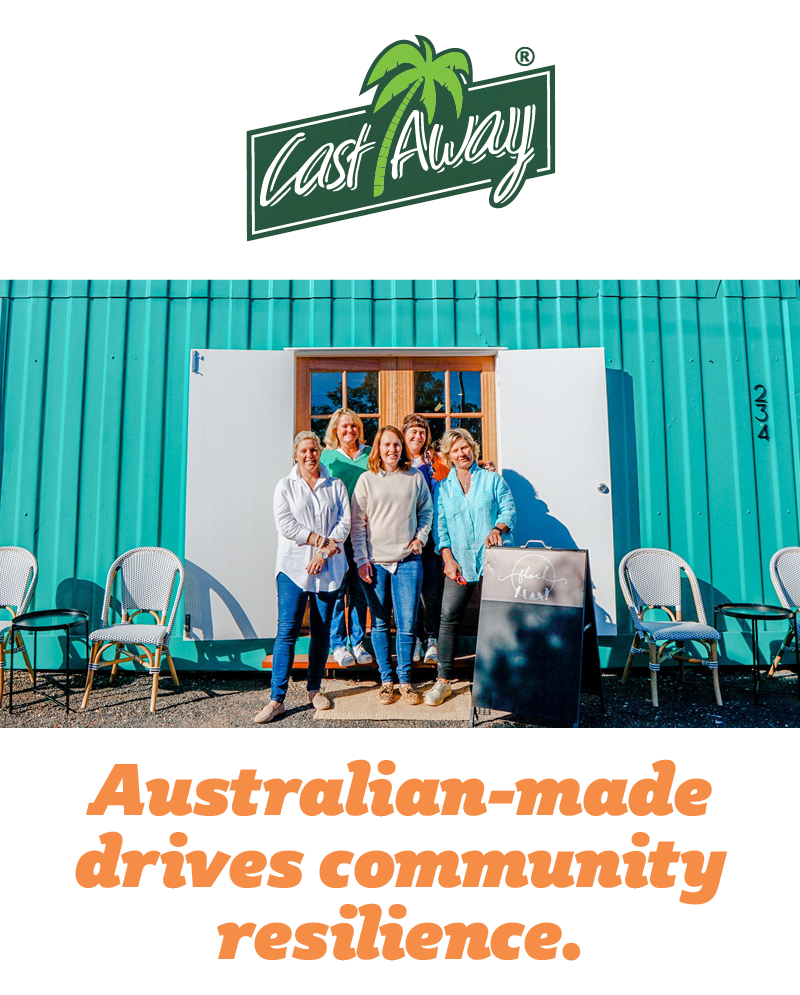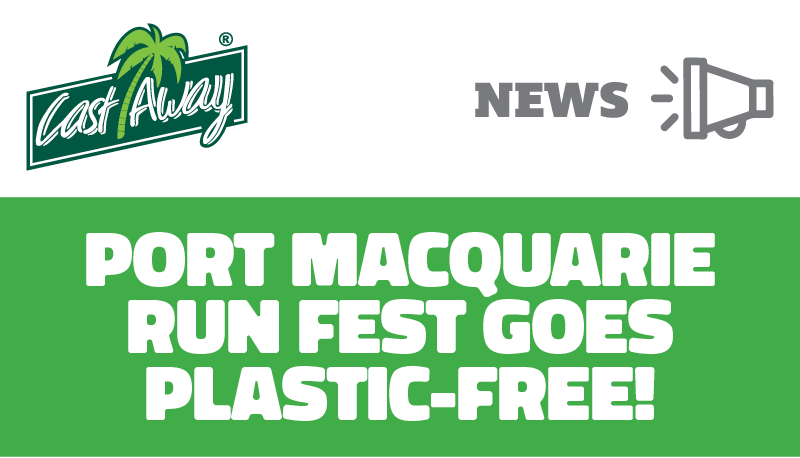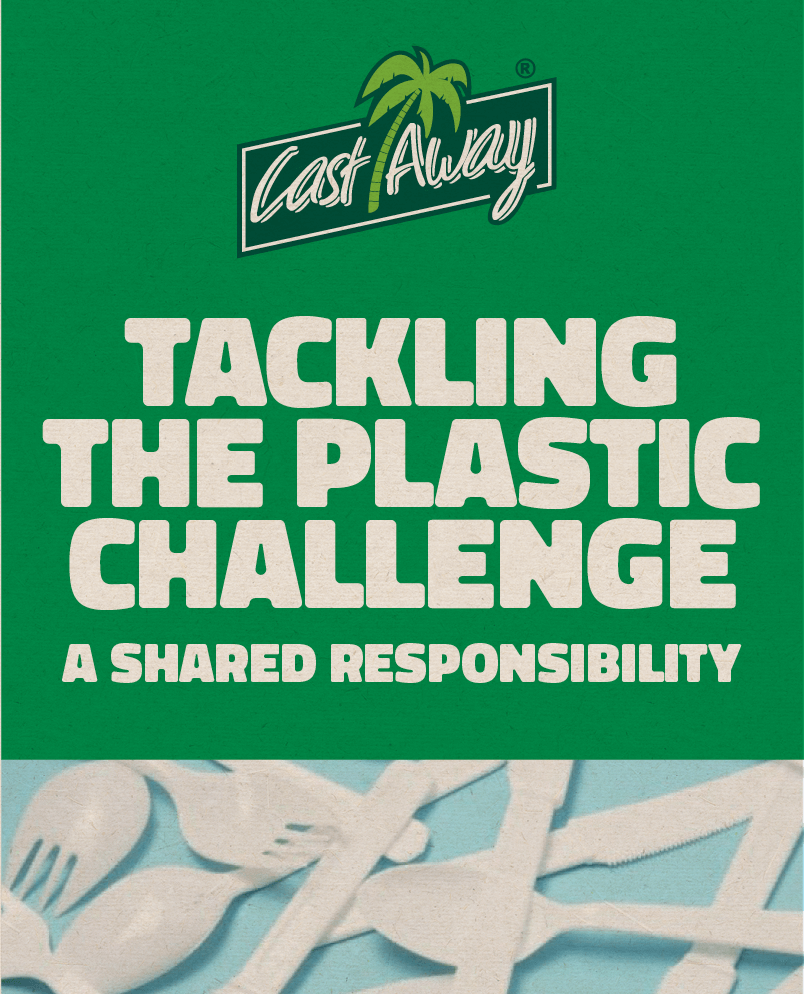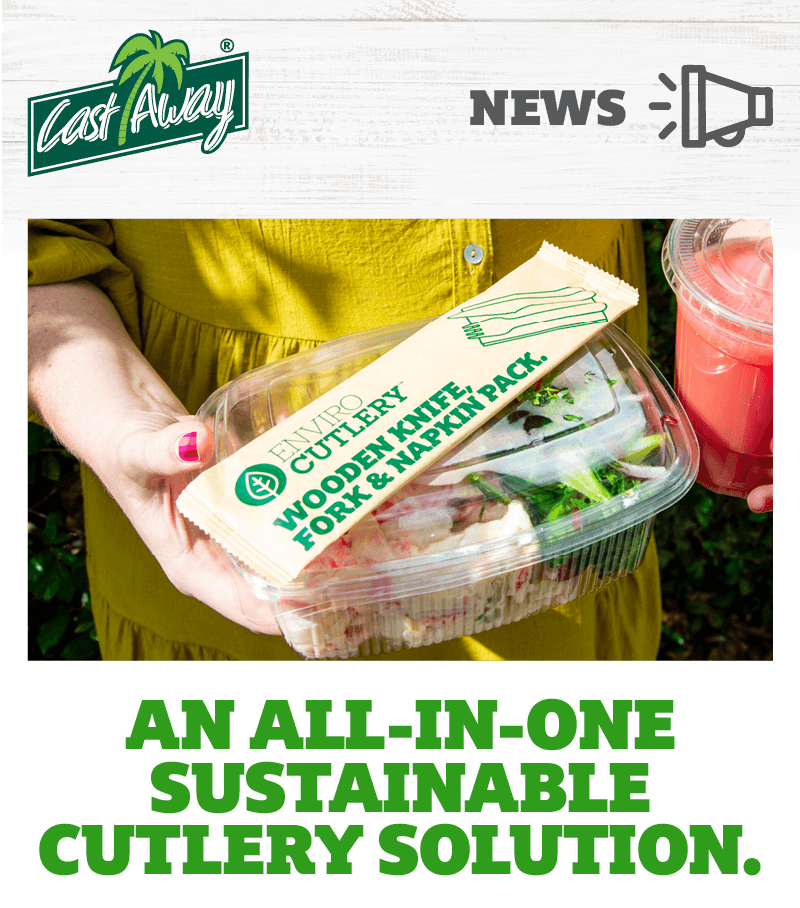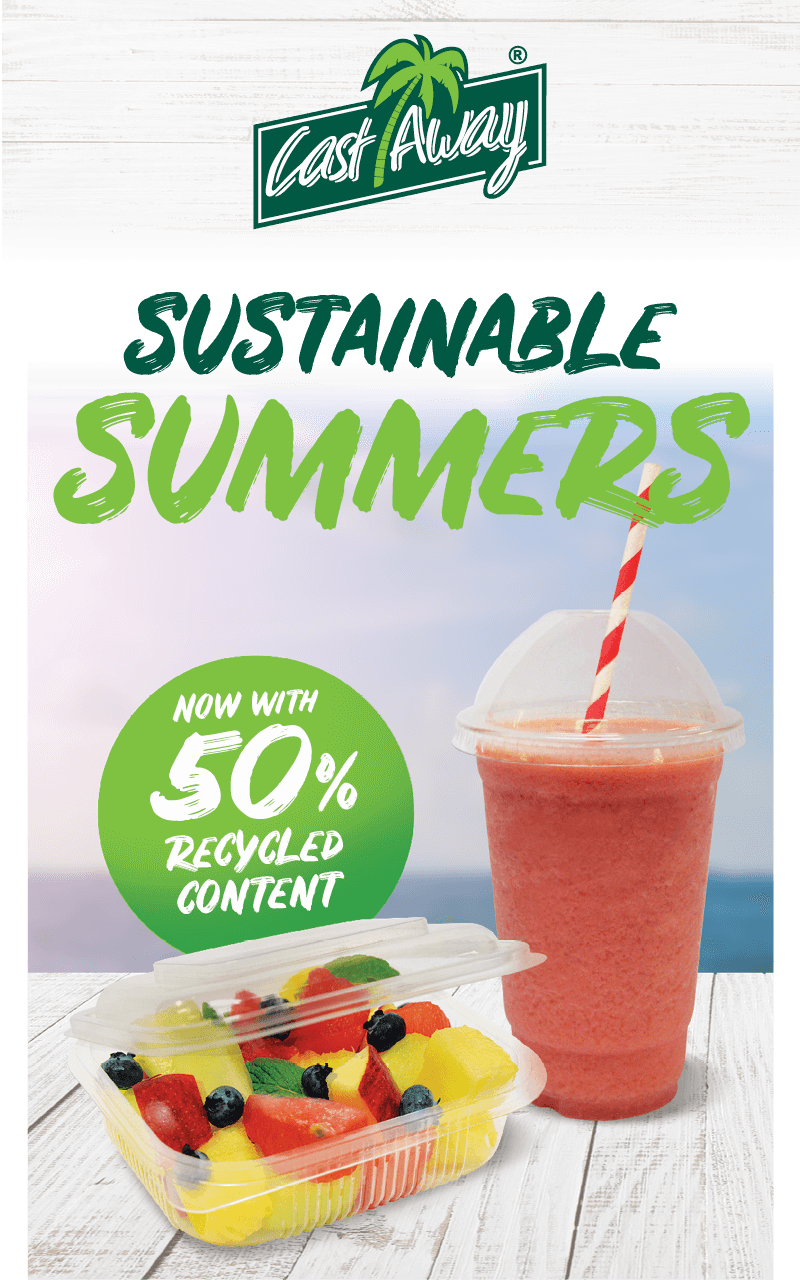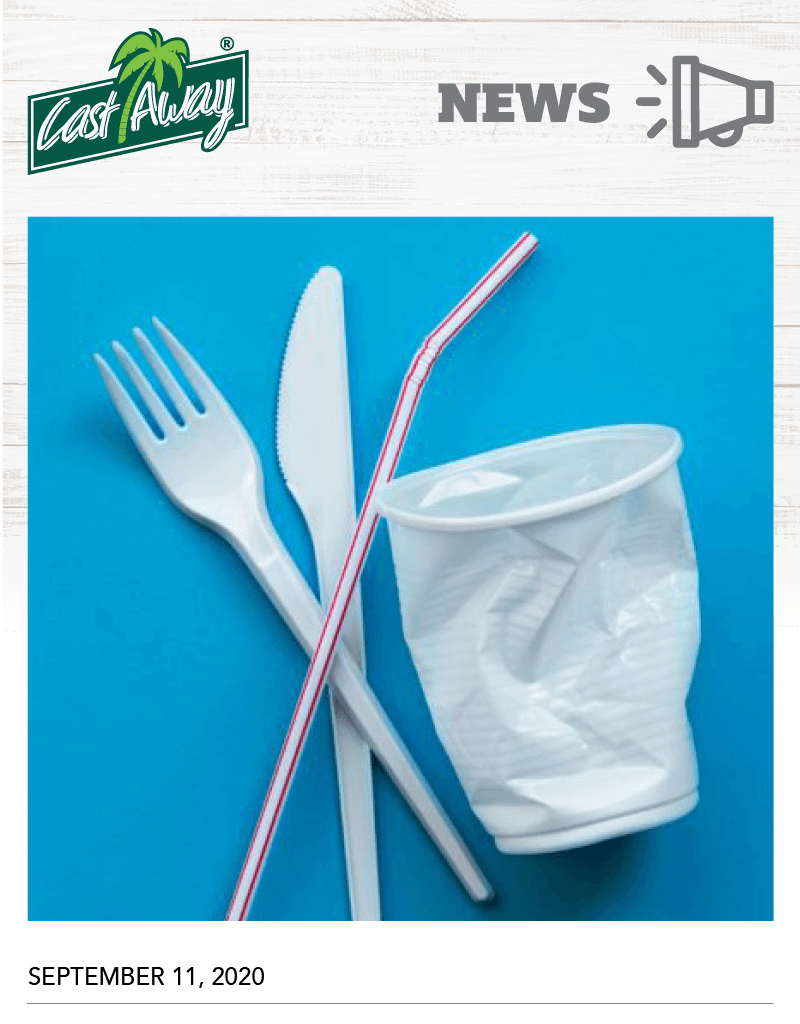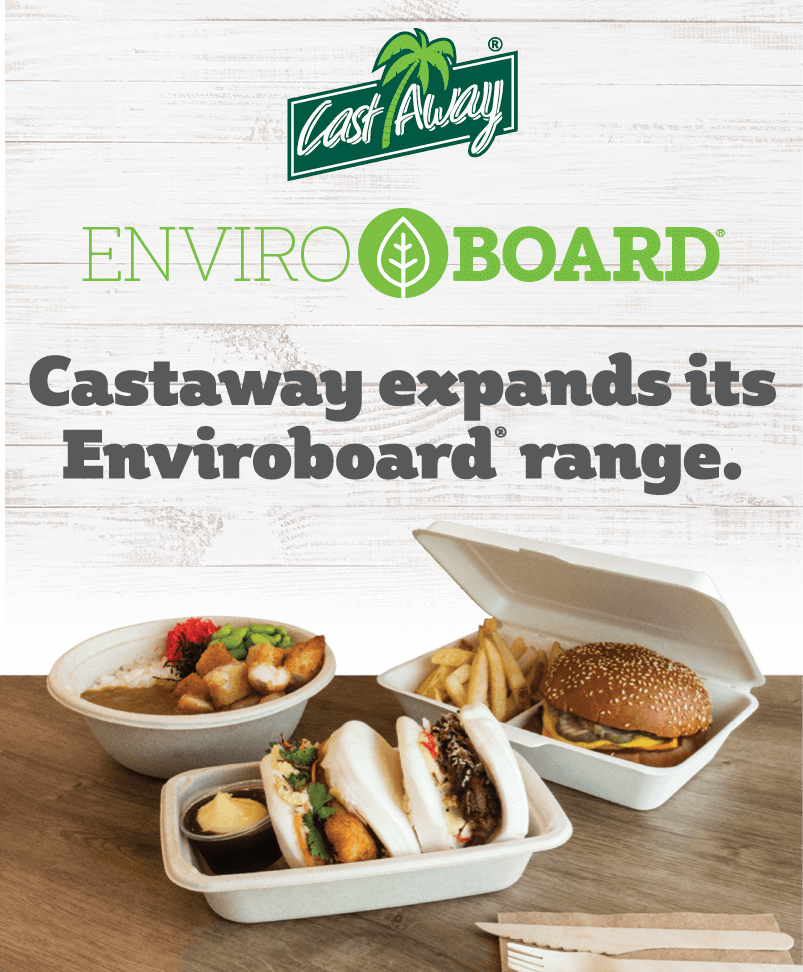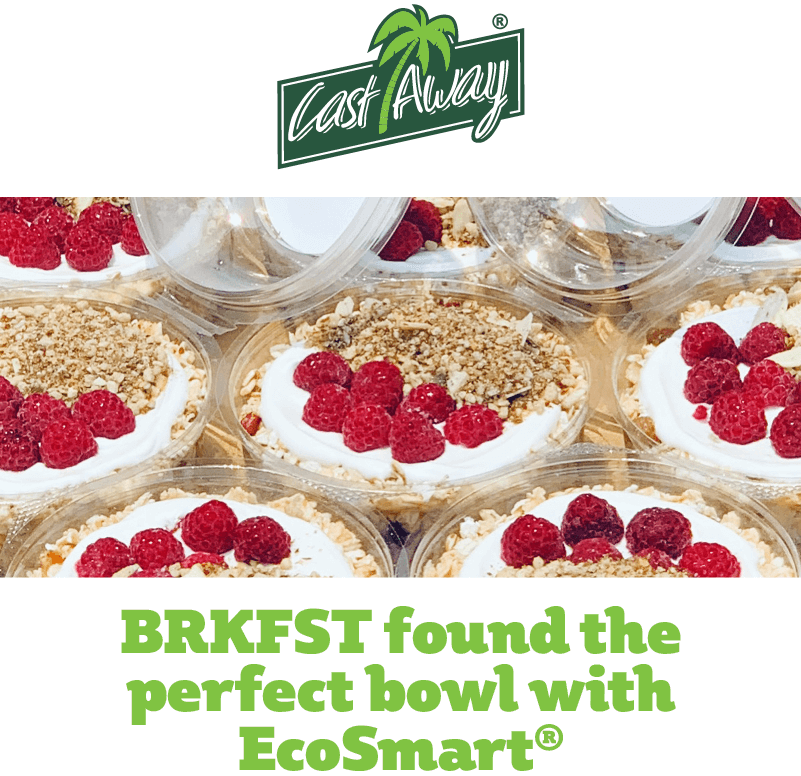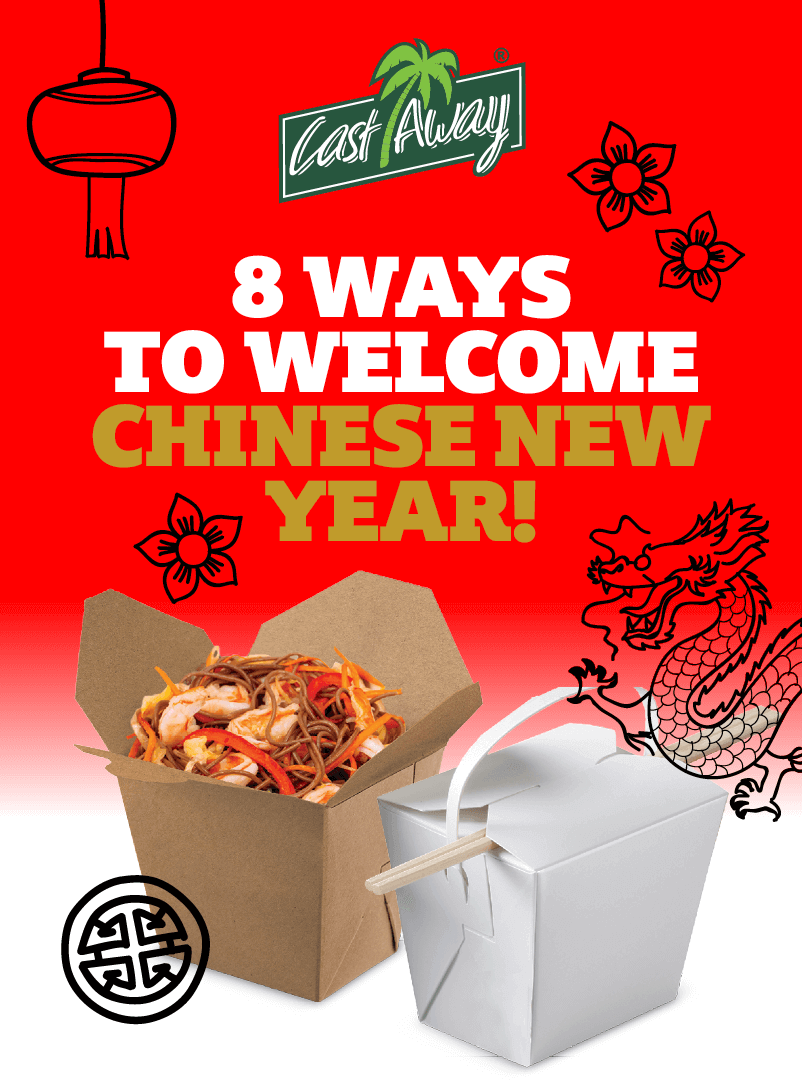
| Plastic is an incredibly useful material, but in the wrong place, plastic – particularly single-use plastic – can create challenges for our environment and waste management systems.
Community concerns about plastic waste is at an all-time high. Internationally, across Australia and the ACT, there is community pressure and an expectation that governments and companies must do more to address the issues and challenges associated with single-use plastic.
Through the phasing out single-use plastics discussion paper, the ACT Government sought to consult broadly with industry, businesses and the community about ways to avoid and reduce our consumption of single-use plastics. Feedback from the community, business and industry have shown Canberrans are committed to sustainability and want action on single-use plastic products. On 30 March 2021, the ACT Legislative Assembly passed the Plastic Reduction Bill 2020. This makes ACT one of the first Australian jurisdictions to pass laws to reduce single-use plastic waste. By shifting to reusable, recyclable or compostable alternatives, we are ensuring better environmental outcomes for the ACT.
The below single-use plastic products are prohibited from sale, supply or distribution within ACT from 1 July 2021.
|
||||||||||||||
 Sending the early signal to the market on these items allows time for transitional arrangements to commence prior to the legislation taking effect. More information about the roll-out, fines for non-compliance, and alternatives to single-use plastics, go to: act.gov.au Sending the early signal to the market on these items allows time for transitional arrangements to commence prior to the legislation taking effect. More information about the roll-out, fines for non-compliance, and alternatives to single-use plastics, go to: act.gov.au
Our team is ready to help you ease into this transition. For more information regarding the above alternatives, please get in touch with us. |
||||||||||||||


















